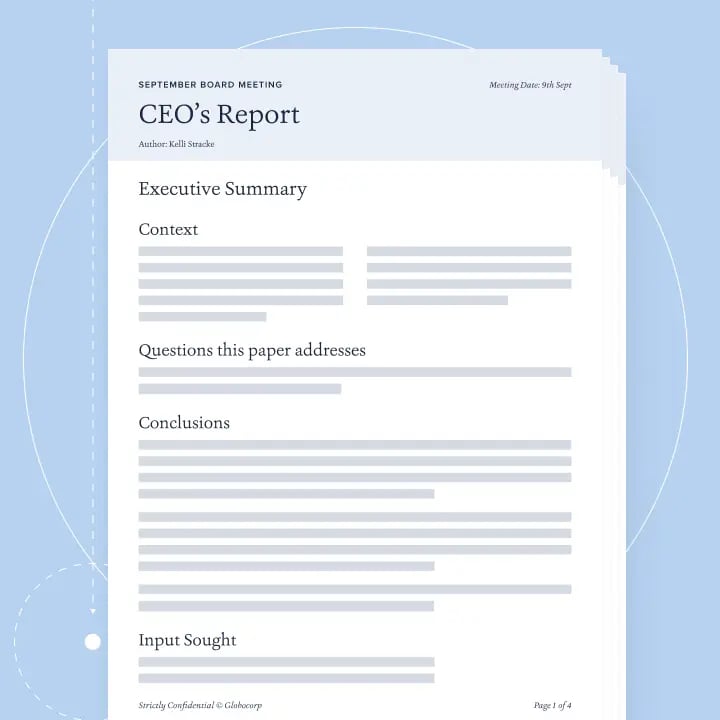Adrian McGlynn is Company Secretary and a Director of Weatherbys, a privately-owned family of companies which serves the horse racing industry, as well as a wider audience through their banking services.
Has the role and remit of Company Secretary changed much in the last few years?
When I took over as Company Secretary at Weatherbys in 2000, the handover from my predecessor focused almost exclusively on the board agenda, minutes and dealing with Companies House. But nowadays, those are almost peripheral parts of the role.
As Company Secretary, I’ve been the receptacle for all manner of things — from insurance, , data protection, employee benefits, legal, accountancy, disaster recovery… It’s more operational than my training ever suggested and far more varied too, which is testament to how the role has evolved.
What impact does the quality of board information have on the effectiveness of boards?
There’s a temptation that what you can measure you should report — and in a world where corporate data is so rich and readily accessible, it’s easy for board packs to balloon, regardless of whether that extra data is insightful.
Every December, I run a process with my Chairman, CEO and COO to cull the board pack, inviting the board to share their views on what data is — and is not — meaningful. There’s no pride hurt if reports or pages are taken out, because we all recognise that reams of charts and data won’t help us. After all, it’s the quality of the insight, not quantity of data, that matters.
If you could wave a magic wand, how would you make boards more effective?
I’m a bit of a contrarian and love a good debate, so I’d always like to see more challenge and spice in board meetings.
Of course, it might be arbitrary to assign one person to put forward an opposing view, but sometimes I wish board meetings could be more like parliament, with strong debates and diametrically contrasting views. As Socrates said, ‘the unexamined life is not worth living’, and too much agreeable consent is not a good thing, though nor is gratuitous dispute — there’s a balance to be had.
What are the tips and tricks you’ve witnessed from leading Chairs in the boardroom?
The majority of my time at Weatherbys has been under the reign of Johnny Weatherby and there are two things he did particularly well. First, he really listened in board meetings. And second, he got everyone to participate — inviting the quieter board members to share their views, ensuring their voices weren’t crowded out by the larger characters.
More recently we’ve had David Bellamy take up post and he’s been quick to spend significant time within the business, really engaging with the frontline teams, ensuring the Chair is more than just ‘a presence in the boardroom’.
What can be done to elevate the role of the Company Secretary?
The good thing Weatherbys has always done is to put the Company Secretary on the board. This elevates the role, levelling it with the other directors — who, in our case, include our shareholders. I also sit on a number of the board committees, giving me a voice across the business and ensuring my role isn’t seen as just a minute-taker.
So my advice to any aspiring Company Secretary would be to get involved as much as possible with the business, as I’ve been able to do at Weatherbys, and avoid getting stuck in a governance silo.
What book is on your bedside table?
The Complete Works of Shakespeare. It’s always there and I love dipping into it. Othello is a personal favourite, following my schoolboy debut as Desdemona!
What luxury item would you take on a desert island?
Assuming I have The Complete Works of Shakespeare already, it would have to be a pillow made of the finest goose down.
What is your golden rule?
It’s the same as Weatherbys’ approach to supporting our clients: treat others as you would want to be treated.

A thinking and writing platform that helps you to write brilliantly clever and beautiful reports that surface breakthrough insights and spur your business to action.
Find out more


